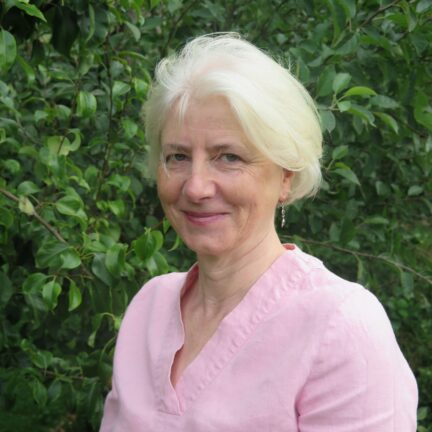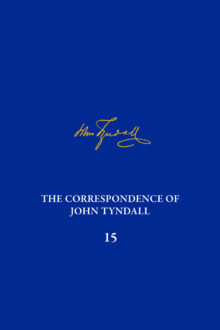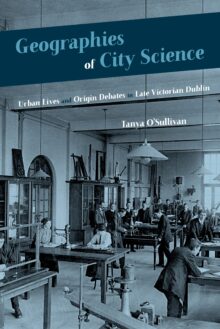
Tanya O’Sullivan
Tanya O’Sullivan is an independent researcher based in Northern Ireland. She is the author of Geographies of City Science: Urban Lives and Origin Debates in Late Victorian Dublin.
The Correspondence of John Tyndall, Volume 15
The Correspondence, November 1875-December 1877
The fifteenth volume of The Correspondence of John Tyndall contains 466 letters covering the period from November 1875 to December 1877. Tyndall was by now an established man of science with a far-reaching reputation. The most significant work he undertook in this period involved his experiments on spontaneous generation and his consulting for Trinity House on lighthouse illuminations and sound-signaling. Alongside these projects, he married Louisa Hamilton in a small ceremony in London on February 29, 1876. This event offers a brief respite from the intense scientific and technical communications that dominate his life in the mid-1870s, and subsequent letters reveal his newfound domestic happiness.
Geographies of City Science
Urban Lives and Origin Debates in Late Victorian Dublin
Dublin at the turn of the twentieth century was both the second city of the British Empire and the soon-to-be capital of an emerging nation, presenting a unique space in which to examine the past relationship between science and the city. Drawing on both geography and biography, Geographies of City Science underscores the crucial role urban spaces played in the production of scientific knowledge. Each chapter explores the lives of two practitioners from one of the main religious and political traditions in Dublin (either Protestant and Unionist or Catholic and Nationalist). As Tanya O’Sullivan argues, any variation in their engagement with science had far less to do with their affiliations than with their “life spaces”—domains where human agency and social structures collide. Focusing on nineteenth-century debates on the origins of the universe as well as the origins of form, humans, and language, O’Sullivan explores the numerous ways in which scientific meaning relating to origin theories was established and mobilized in the city. By foregrounding Dublin, her book complements more recent attempts to enrich the historiography of metropolitan science by examining its provenance in less well-known urban centers.


